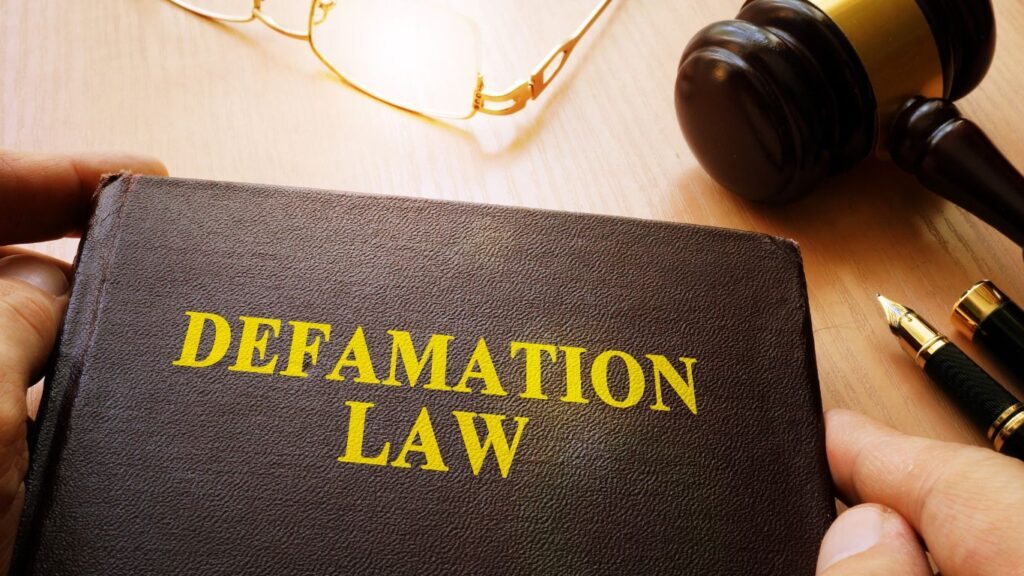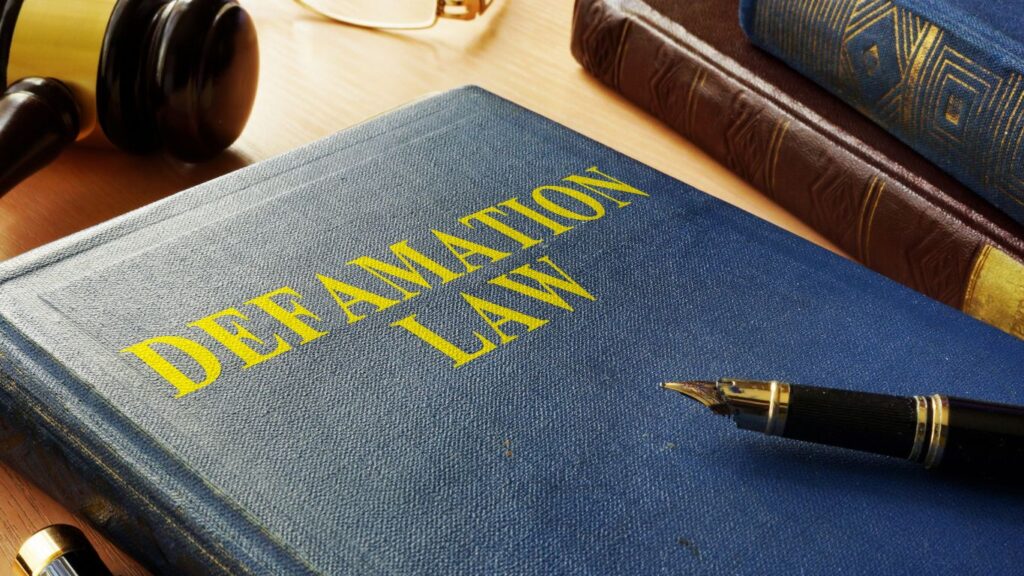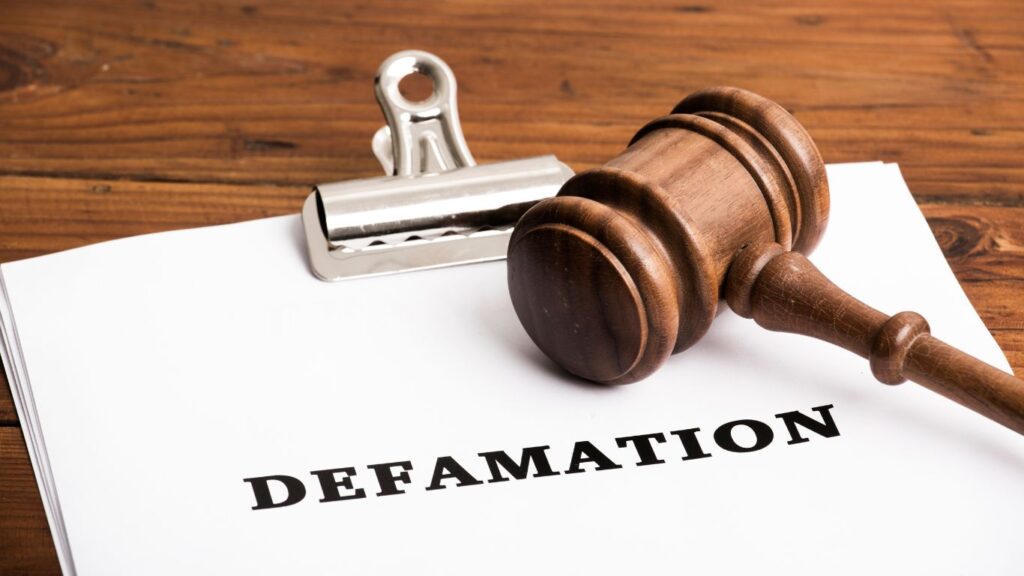Defamation Law in India : Understanding the Legal Landscape and Implications

Defamation : A Legal, Ethical, and Reputational Challenges.
A legal concept that revolves around damaging a person's reputation through false statements, has been a contentious issue in India's legal landscape. As a democratic society, the right to free speech and expression is a fundamental right, but it is not absolute. Balancing the right to freedom of speech with the right to protect one's reputation has led to the development of defamation laws in India. This article delves into the intricacies of these cases in India, examining the legal dimensions, notable cases, and the challenges faced by the legal system in adjudicating such matters.
Legal Framework:
Defamation laws in India primarily emanate from both civil and criminal statutes. The Indian Penal Code (IPC) addresses criminal defamation under Sections 499 and 500, making defamation a punishable offense with imprisonment and/or a fine. On the civil front, the law of defamation is governed by common law principles and is actionable as a tort, enabling the aggrieved party to seek damages in civil courts.
To establish defamation, certain elements must be present: a false statement, publication of the statement to a third party, and harm to the reputation of the person concerned. Truth is a valid defense against defamation, and statements made in public interest or with good faith and without malice may also be exempt from liability.

Landmark Cases:
Ratan Tata vs. Arun Shourie (2002):
This case brought to light the delicate balance between freedom of the press and the right to protect one's reputation. Ratan Tata, then Chairman of the Tata Group, filed a defamation suit against journalist Arun Shourie and the Indian Express for publishing articles that allegedly harmed his reputation. The court, in this case, highlighted the need for responsible journalism and the importance of verifying facts before publication.
Amitabh Bachchan Corporation Limited (ABCL) vs. M/s. Kumar Rajagopal (1998) :
A significant case in the realm of defamation, this involved actor Amitabh Bachchan's company, ABCL, suing a magazine for publishing an article that claimed financial instability. The court ruled in favour of ABCL, emphasizing the importance of verifying information before publishing and holding media accountable for spreading false information.
M.J. Akbar vs. Priya Ramani (2019) :
This case gained prominence during the #MeToo movement in India. Journalist Priya Ramani accused M.J. Akbar, a former Union Minister, of sexual harassment in an article. Akbar filed a criminal defamation case against Ramani, leading to a legal battle that underscored the importance of the #MeToo movement in bringing issues of harassment to the forefront. The court ultimately acquitted Ramani, emphasizing the need to protect survivors who speak out against harassment.

